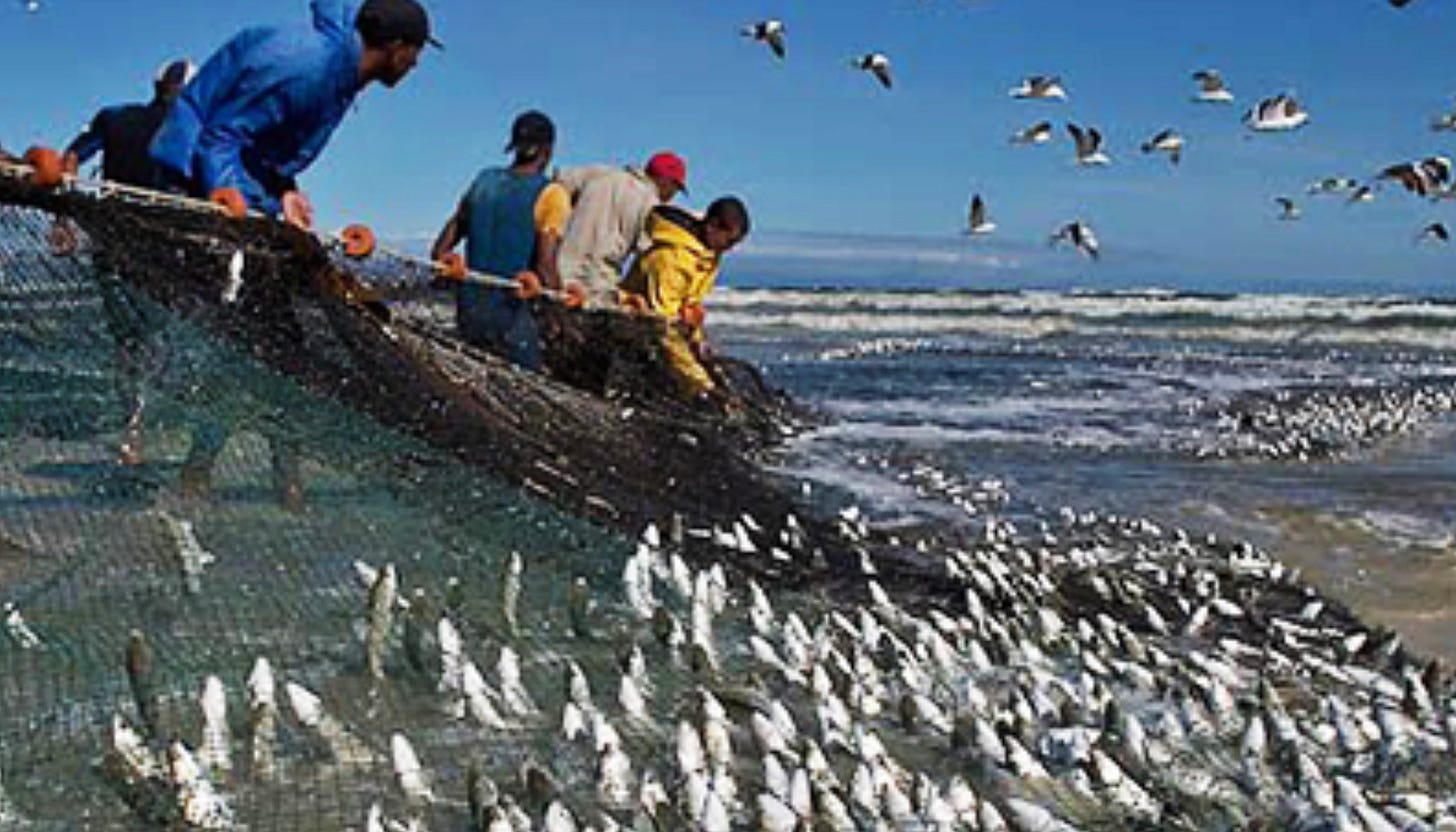Today’s Gospel Enquiry is based on the Gospel reading for Thursday of the Seventeenth Week of Ordinary Time, Year 1. Before launching into the enquiry, I would like to offer a short reflection from two members of the Jocist community. Kevin Vaughan and David Moloney commented on the “My Community” inquiry in the training manual published by the Cardijn Community Australia (CCA):
Although the “My Community” inquiry might at first seem a bit simplistic, of course “seeing” or noticing one thing leads to many other observations, questions and issues. These generate possibilities, and lead to actions which no matter how small, empower and spiritually animate us, and transform our worlds.
The nine questions below are meant to be a starting point for each part of the enquiry/inquiry/review process. They are the fruits of just one person reflecting, who is convinced that a group reflecting on the same Gospel reading will move through areas that he has never thought about, or travelled through.
Jesus said to the crowds: “The kingdom of heaven is like a net that was put into the lake and caught many different kinds of fish. When it was full, the fishermen pulled the net to the shore. They sat down and put all the good fish in baskets and threw away the bad fish. It will be this way at the end of the age. The angels will come and separate the evil people from the good people. The angels will throw the evil people into the blazing furnace, where people will cry and grind their teeth with pain.”
Jesus asked his followers, “Do you understand all these things?”
They answered, “Yes, we understand.”
Then Jesus said to them, “So every teacher of the law who has been taught about the kingdom of heaven is like the owner of a house. He brings out both new things and old things he has saved.”
When Jesus finished teaching with these stories, he left there. (Matthew 13:47-53) - New Century Version
SEE
What happens in this parable? What part does God play in the story? What does Jesus mean by his reference to the homeowner who “brings out both new things and old things he has saved”? How does this relate to the rest of his story?
Why does Jesus tell this story? What does he say in this story that isn’t in the other stories he told to the people who gathered to listen to him? (There are seven parables in this chapter and this parable is the last one. If you consider these parables in the context of the structure of the Gospel, you might like to note what happens when Jesus returns to his home town.)
What are the consequences for those who accept his teaching and follow him? What are the consequences for those who choose to ignore his warning?
JUDGE
What is the significance of his story to the life you live today? Which event or situation can you focus on that reflects the presence of “many different kinds of fish”? (My focus is Catholic education as I experience it in my life.)
What does your faith say about how to be one of “the good people”? What does Jesus tell us about what to value and how to behave?
Considering the part that God plays in Jesus’ story: What are the signs of God’s presence in the event or situation that you have chosen to consider?
ACT
What needs to change in the situation or event you have been considering so that people will recognise and accept God’s presence in their lives?
What simple action can you take over the next week that will help to bring the focus on being one of “the good people”?
Who can you involve in this action and how will you go about involving them?
Author: Pat Branson
Image source: Parable of the Net, by Pastor Nathan D. Pipho


